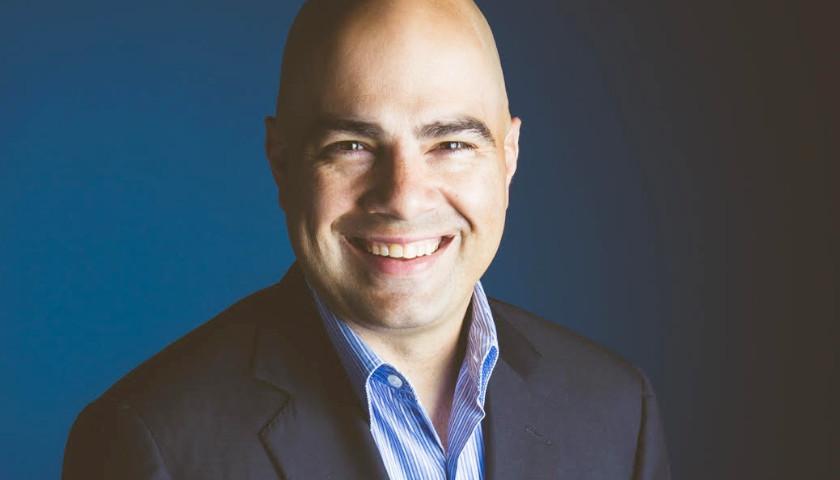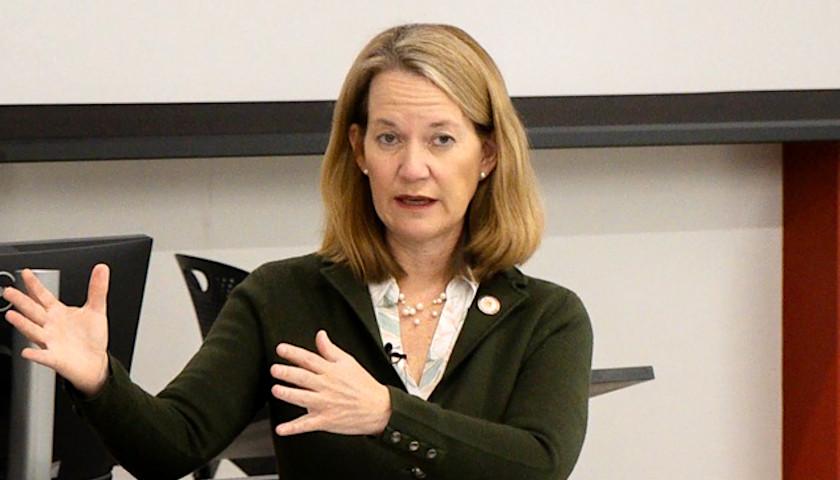by Jon Styf
Ever since court fines and fees rose in popularity as a funding mechanism for local criminal justice systems in the 1980s, the advocates for their removal have been scarce.
But, of late, more advocates have risen to propose cutting those fines and fees across the country.
Most recent is the “End Justice Fees” campaign from a coalition of the Fines and Fees Justice Center, Americans for Prosperity and the American Civil Liberties Union. The group will push for state legislative changes in the fines and fees structure.
“Who is coming in to say no?,” said Lisa Foster, co-director of the Fines and Fees Justice Center. “A bunch of people with felony convictions?”
In Tennessee, court fines and fees are widespread. But one issue is that data on those fines and fees are not compiled among the state’s 95 counties.
Sycamore Institute produced a series of reports last year on those fines and fees, finding that 360 are authorized by law in Tennessee, which collects nearly $38 million collectively each year from fines and fees, but likely collects less than 25% of the fines and fees that are assessed.”It’s very hard to get a clear picture of exactly what is going on,” Foster said. ” How much is being assessed? How much is being collected?
“Policy should be data driven. … Tennessee doesn’t have it and seems to lack the capacity to produce it. Any business that operated that way would be out of business in a heartbeat.”
Foster said that one of the basic components of fines and fees reform is eliminating the suspension of drivers’ licenses for failure to pay fees, something she says conservative states such as Texas, Utah, Montana and West Virginia have done. She said law enforcement is often for that change, allowing officers to prevent more dangerous crime and spend less time arresting those on suspended licenses due to fees.
“If your goal is to collect money from someone, taking away that person’s means of getting to work is probably not a good idea,” Foster said. “But that’s precisely what we do.”
One of the most recent relevant reforms in Tennessee happened this year, when Shelby County eliminated medical co-pays for those in custody in local jails. In 2018, Shelby County eliminated phone call fees for youth in the juvenile system.
“We are asking the poorest among us to finance government and that just makes no sense from either a fiscal standpoint or a moral or policy standpoint,” Foster said. “If it is supposed to serve everyone, it should be paid for by everyone.”
– – –
Jon Styf is an award-winning editor and reporter who has worked in Illinois, Texas, Wisconsin, Florida and Michigan in local newsrooms over the past 20 years, working for Shaw Media, Hearst and several other companies. Styf is a reporter for The Center Square.
Photo “Tennessee Supreme Court” by Reading Tom. CC BY 2.0.






Typical Left-think. Why doesn’t Walmart just give away its goods, because some people will shoplift anyway, and you can’t catch all of them? When you reward bad behavior, you get bad behavior. If police have to find them and re-arrest them, well that’s what’s called “doing your job”.
Sure, let’s give them a pat on the back and a government cell phone to boot. Where there is no accountability (punishment) there is no hope for anything but repeat offenses.